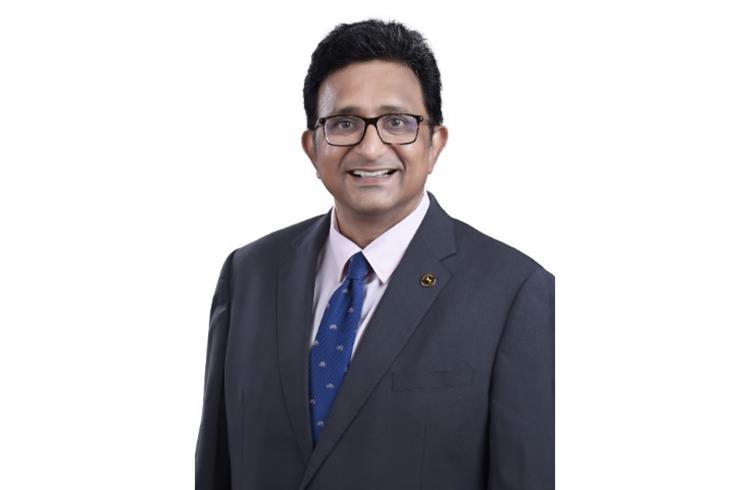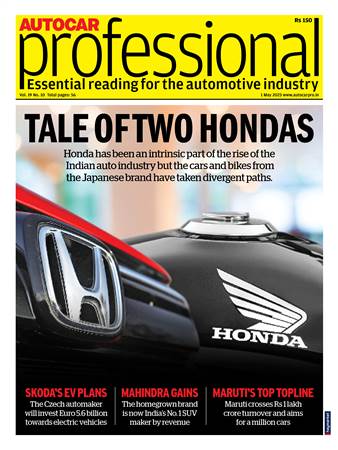Continental India's CEO stresses the importance of safety as a fundamental right in the automotive industry
Speaking at the Autocar Professional Road Safety Conclave, Prashanth Doreswamy, Continental India's President and CEO believes as people become more aware, market adoption of safety measures will increase, and the goal of zero fatalities, accidents, and injuries can be achieved.
Prashanth Doreswamy, Continental India's President & CEO, believes that safety is a fundamental right and not just a mere feature in the automotive industry. “Safety is not just a good-to-have feature. It is a basic right. State-of-the-art design & implementation must be the target. Having local R&D helps us identify the 'white spots' – market-specific needs & affordability,” he said.
According to him, as people become more aware, market adoption of safety measures will increase, and the goal of zero fatalities, accidents, and injuries can be achieved. The industry is striving to achieve autonomous vehicles in the long run, and assisted safety functions like airbags and ESC will enable it to achieve level 1 and 2 safety measures. “For autonomous mobility, one needs to split focus between assisted, automated and autonomous. While automated and autonomous have a long way to go in India, assisted functions which are basic Level 1 and 2 have great potential.”
The industry can expect a significant increase in the number of cars equipped with assisted safety features on the roads in the next two or three years, Doreswamy added. “Our projection is that by 2025 or 2026, at least 40 percent of cars in India will have assisted function features, for which the basic requirement is Electronic Stability Control (ESC),” he said.
Airbags and ESC are crucial passive safety features in modern cars that protect drivers and passengers from accidents and prevent cars from slipping out of control, respectively.
Emphasising the importance of differentiating between active safety, passive safety, and comfort features in the automotive industry, Doreswamy suggested that embedding software-related features in features like ABS and vehicle traction systems can increase safety levels without significant price increases.
Further, acknowledging the regulatory challenges in the automotive industry, he opines that the government should consult with the industry to spell out the technologies they are likely to mandate over the next three to four years. He also stressed on the need for better roads and town planning to assist emerging safety-related technologies and improve road safety.
RELATED ARTICLES
Government aims to increase outlay for e-2-wheelers under FAME II scheme: Report
Currently, there is no proposal to extend the FAME II scheme further than March 2024 or bring in FAME III, an official t...
Tesla spoke about battery manufacturing initiatives with government officials in India: Report
The company has proposed establishing a factory in the country for EVs, besides locally making batteries here, as per a ...
'Bharat NCAP can afford to be more adventurous': David Ward, Executive President, Towards Zero Foundation
It would be presumptuous for the BNCAP to keep track of time to come on par with the Euro NCAP, says David Ward




 By Autocar Pro News Desk
By Autocar Pro News Desk  17 May 2023
17 May 2023  1582 Views
1582 Views









